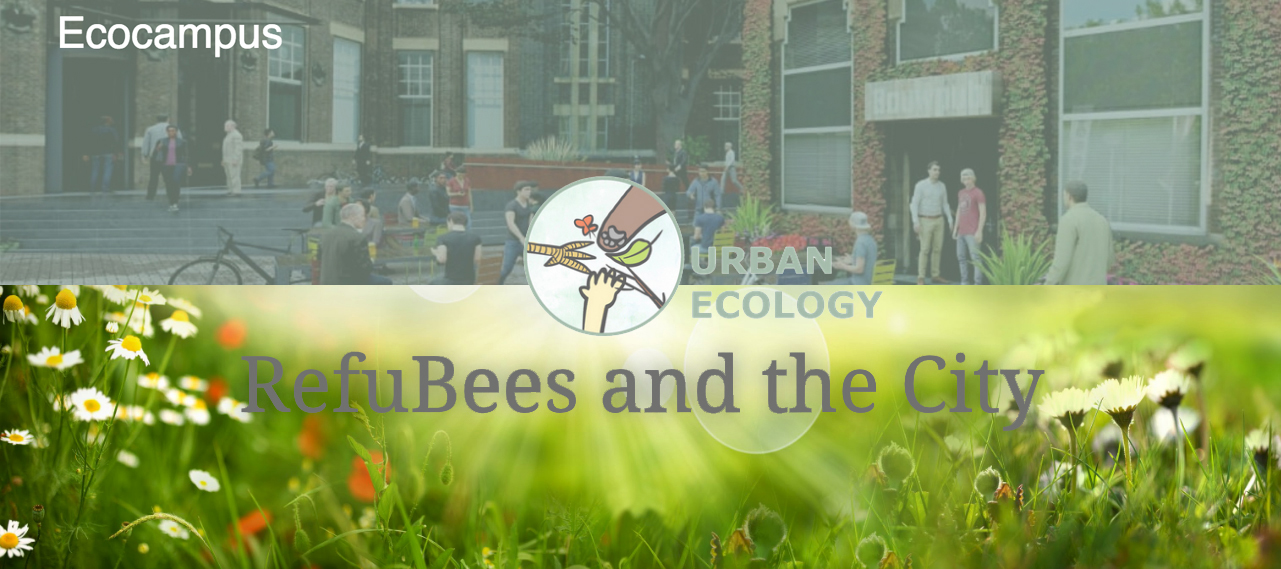Urban Ecology
The Urban Ecology Lab at the Delft University for Technology has several significant focuses that guide their work, including transforming cities into ecologically sustainable environments that are beneficial to both people and nature. They use urban ecosystem restoration strategies and design approaches to increase biodiversity and ecosystem functionality in urban areas, with the ultimate goal of creating Ecocities.

One of the primary methods through which the Urban Ecology Lab achieves its mission is by fostering interdisciplinary collaboration. The aim is to broaden participants' perspectives by exposing them to interdisciplinary concepts and practices, and encouraging cross-pollination between various areas, including science, design, art, and social science.
The Lab has several websites that provides information regarding their research, initiatives, and upcoming events. Current projects, such as the Eco Campus project, which concentrates on creating a sustainable and green TUDelft campus, are shared through the platform. Moreover, the website provides details on how individuals can participate and support the Lab's endeavours towards creating a more sustainable future. More details on the Eco Campus project at the link below.
One significant challenge that the Urban Ecology Lab is addressing is the pollination crisis. We recognise that this issue has been underestimated in its complexity for implementing effective strategies and therefore requires a permanent attention within the framework of Ecocities.
In this context RefuBees is the project that is aimed at preventing the extinction of wild pollinators. The Lab is establishing an interdisciplinary and European network of experts and scholars dedicated to researching and developing solutions to address this issue. With a focus on community engagement and wildlife conservation, Refubees has the potential to make significant strides in establishing pollinator biodiversity and enhancing ecosystem functionality in urban areas. More detailed information can be found on the Refubees in the City website.